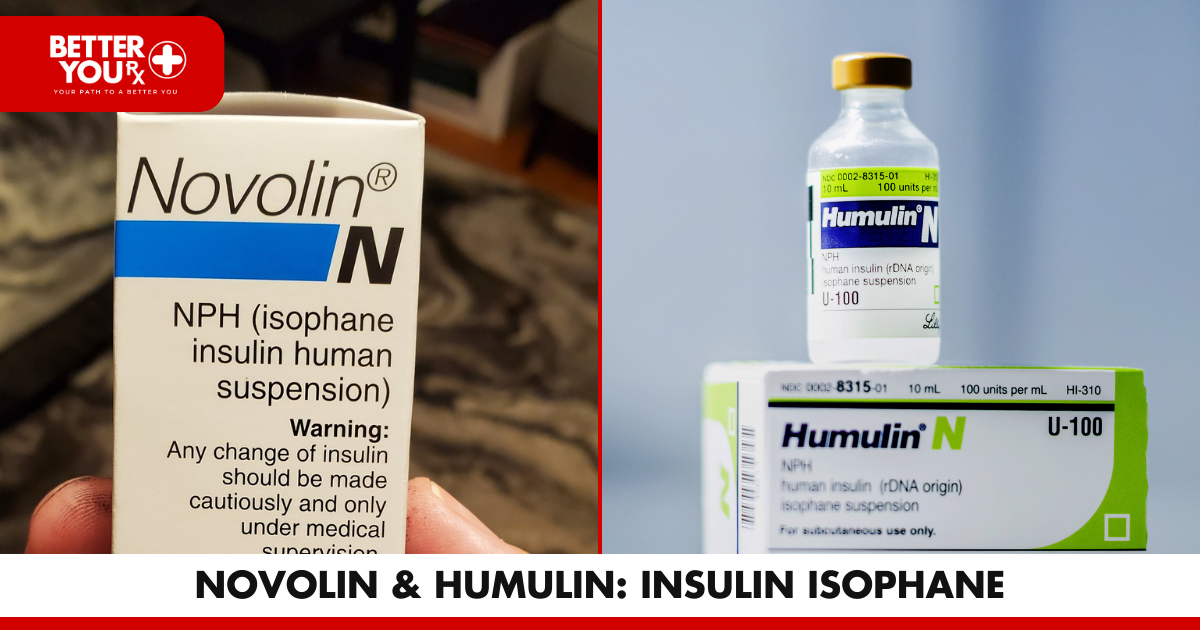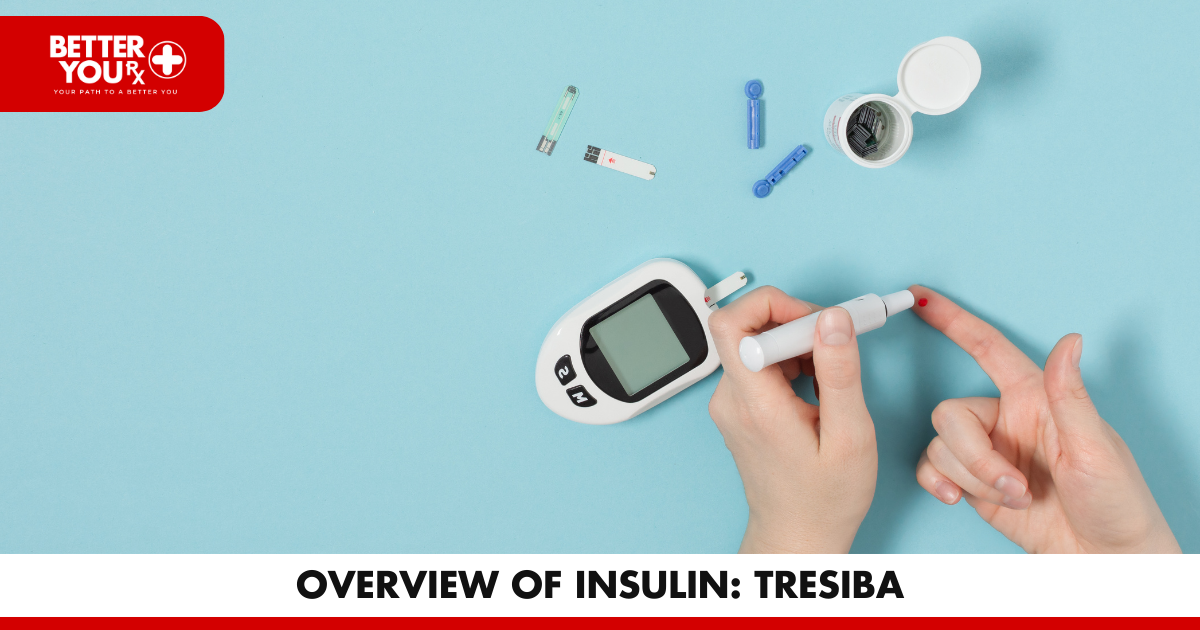What Exactly Are Insulin Plants?
According to recent studies, insulin plants have the potential to be a safe, herbal remedy for treating various health issues as well as diabetes symptoms. Currently, diabetic patients are treated using a synthetic version of the human hormone insulin. It is critical to define diabetes in detail in order to comprehend the hot issue of insulin plants..
The Insulin Plant: What Is It?
The “insulin plant,” also known by its scientific name costus igneus nak, is a member of the ginger family of plants. It has spiral-shaped leaves that are 4-6 inches long and gorgeous flowers that grow to a height of 2-3 feet. Some of its common names, such as Step ladder and Spiral flag, are a result of this arrangement.
Being a native of South and Central America, the insulin plant thrives in tropical environments. It was just recently brought to Southern India, where it is frequently grown for decorative purposes. The insulin plant got its name because its leaves are also used as a dietary supplement to treat diabetes.
Protein, iron, and antioxidants are abundant in the leaves of the insulin plant. Additionally, it has phytochemicals that, when consumed, mimic the metabolic effects of insulin on the body.
Insulin Plant’s assertions
The treatment and control of diabetes are the main topics of discussion around the insulin manufacturing facility. However, much research has been done on the antioxidant and other therapeutic capabilities of the insulin plant.
Anti-diabetic characteristics
Numerous research has been carried out to assess the insulin plant’s purported anti-diabetic benefits. The Journal of Clinical and Diagnostic Research featured a cross-sectional human study that was conducted in India as one of the most notable.
The insulin plant leaves were used to examine the impact of this medication on blood sugar levels in diabetic patients.
In this study, diabetes patients received either one fresh leaf from the insulin plant or one teaspoon of the powdered, shade-dried leaf every day for at least one month in addition to other forms of therapy. This study came to the conclusion that insulin plant leaves could give glycaemic control in type 2 diabetics who routinely ingested them while also taking other necessary therapies. Blood sugar levels that were previously unmanageable were successfully brought under control with oral hypoglycemic medications and non-allopathic treatments. There were no negative side effects or issues with diabetes from eating leaves from the insulin plant. Beginning on day 15, glucose levels were under control.
The participants in the research continue taking supplements of insulin plant leaf powder since it helps with glycemic management and seems to shield them from diabetic problems.
The results of this study indicated encouraging results in the use of ingested insulin plant leaves as a way of treatment and management of diabetes and reducing symptoms of other illnesses, while the study authors stated that a controlled trial with a bigger sample size is necessary.
The effects of insulin plant leaves on diabetic individuals are still being studied. The insulin plant’s involvement in treating and easing a number of other ailments is still being revealed by more studies, which creates fresh opportunities for clinical study. Additionally, this opens the door to further investigation of the substances in charge of the therapeutic effects, which will aid in a better understanding of their modes of action, some of which are mentioned below.
Anti-Cancer
In addition to the antioxidant abilities of the insulin plant, which may eliminate free radicals and poisons within the body’s cells, as previously mentioned, ethanolic extract of the leaves of the insulin plant was discovered to have anti-proliferative and anti-cancer potential.
All insulin plant bark preparations demonstrated strong anti-cancer effects against particular types of cancer cells.
Antioxidant
Investigations into the antioxidant capabilities of the insulin plant have been conducted. Alcoholic leaf extract from the insulin plant demonstrated a modest antioxidant effect in an in vitro investigation. Another study found that different leaf extracts may be useful in lowering oxidative stress and illnesses caused by free radicals. This study suggested that the presence of phenolic compounds may be the cause of the insulin plant’s antioxidant qualities. According to the results of another study, certain leaf extracts may have antioxidant properties that protect the body’s proteins from oxidative protein degradation.
An oral dose of an insulin plant leaf extract for 30 days caused a substantial antioxidant effect in a trial with diabetic animal participants. The liver, pancreas, and kidney of the diabetic animal subject were able to recover from oxidative stress because of this action.
The liver, pancreas, and kidneys of rats underwent oxidative stress that may be reversed by bioactive substances. Diabetic animals also experienced glycolytic enzyme stimulation and gluconeogenesis control.
These findings show that antioxidant chemicals from the insulin plant can neutralize free radicals and pollutants, shield body cells, and strengthen the immune system.
Antibacterial and anti-Microbial Qualities
Additional research has focused on the insulin plant’s conceivable anti-microbial and anti-bacterial qualities. High levels of antibacterial activity were present in the leaves’ methanolic extract, which shielded the body from gram-positive and gram-negative microorganisms.
Other stem and flower extracts demonstrated the strongest growth-inhibitory effects on a variety of tested microorganisms.
Other Therapeutic Qualities
The results of other preliminary studies have suggested that the insulin plant may also possess additional therapeutic properties that can enhance digestion, liver, and bladder function, relieve sore throat, and lessen high blood pressure and asthma symptoms, in addition to the health benefits mentioned in the sections above.
Summary
Diabetes is characterized by a high blood sugar or body glucose level. Serious negative effects, including death, can result from this. Over 460 million people worldwide have diabetes, and the prevalence of the condition has been rising for several decades.
A manufactured version of the human hormone insulin is used to treat patients with the most severe type of diabetes. This involves the patient monitoring their blood sugar levels throughout the day and self-injecting doses of insulin to maintain a safe blood sugar range.
The “insulin plant” is a tropical plant native to South America. Since being transplanted to India, it has been used as a dietary supplement to treat diabetes and other medical conditions.
Studies have shown that insulin plant leaves and other parts can reduce the symptoms of diabetes. One of these studies highlighted a human cross-sectional survey performed in India.
This study assessed the effect of insulin plant leaves or leaf powder consumption in a group of diabetic people. The study showed that regular consumption of insulin plant leaves alongside other treatments provided blood sugar control and reduced insulin dosage in the study’s subjects.
Additional studies have shown that extracted compounds of the insulin plant appear to possess antioxidant, anti-cancer, anti-microbial and anti-bacterial, and other therapeutic properties.
The results of these studies must be further evaluated and revalidated by additional studies and clinical trials. However, the studies show promise for the therapeutic properties of the insulin plant, particularly in treating diabetes. For personalized guidance on diabetes management and medications like Ozempic (semaglutide) online from Canada, consult your healthcare provider.
Unlock the potential of nature with Better You Rx Pharmacy. Explore the benefits of insulin plants, a natural remedy with the power to alleviate various health issues, including diabetes symptoms. Our commitment to well-being extends to embracing herbal alternatives that could make a difference in your life. Embrace the healing capabilities of the insulin plant and find a holistic approach to your health journey. Experience the convenience of Better You Rx Pharmacy and discover a world of natural solutions that could change your life for the better. Your health, your choice – choose Better You Rx Pharmacy today for a new path to wellness.










